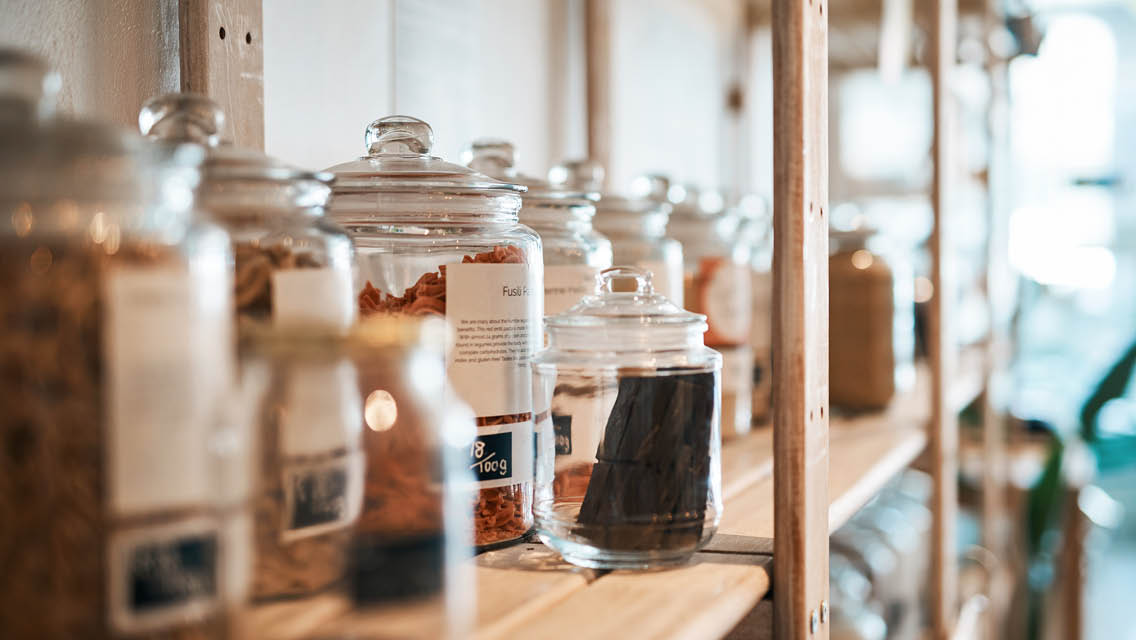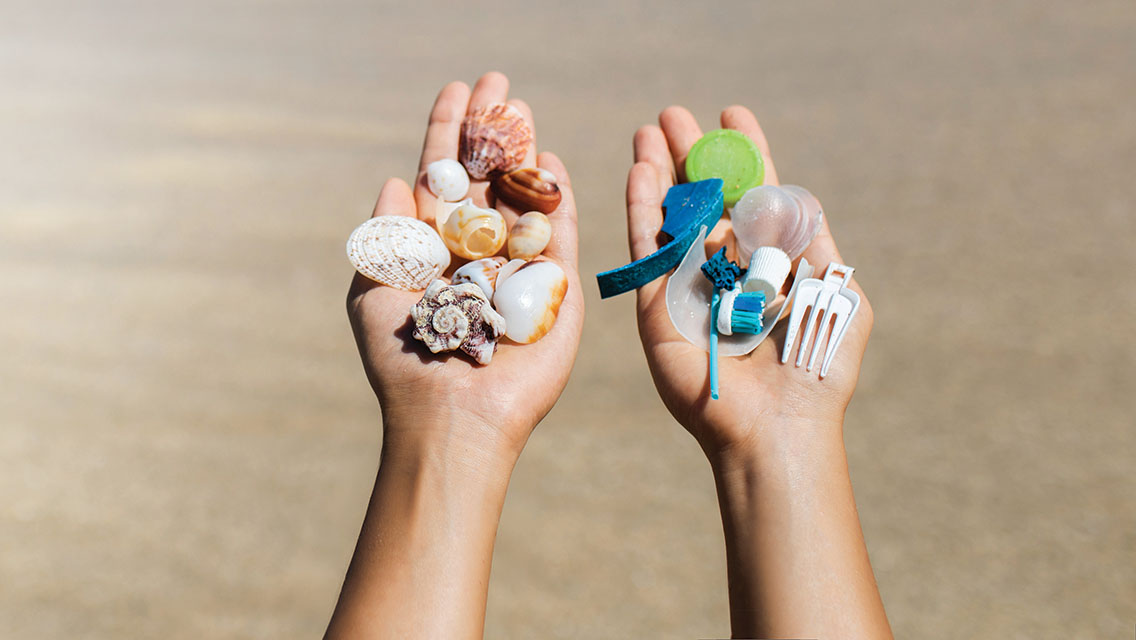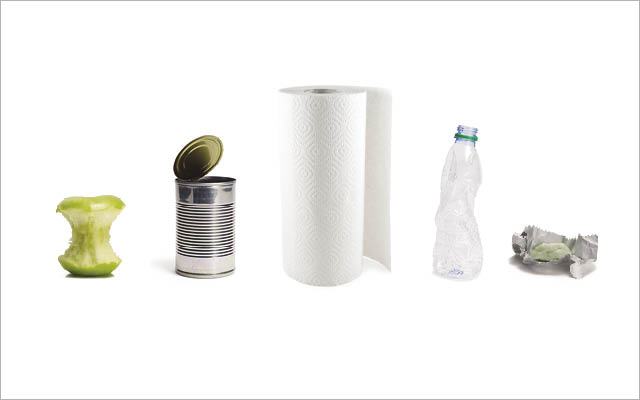One word: plastics. In the 1967 movie The Graduate, these petrochemical products were hailed as the future. Now, in a landmark 2023 report from the United Nations, plastic is called out as a “pervasive and growing threat” to the planet.
“The way we produce, use, and dispose of plastics is polluting ecosystems, creating risks for human and animal health, and destabilizing the climate,” writes UN Environment Programme (UNEP) executive director Inger Andersen in her report foreword.
In 2022, all 193 UN member states agreed to strive to end plastic pollution. Similar to accords to control climate change, a binding legal agreement is currently being hammered out. The UNEP report is designed to provide a road map of solutions.
“How can the world beat plastic pollution?” the UNEP asks. “A systems change is needed to address the cause.” Its plan calls for a reduction in the size of the plastic problem and dealing with the legacy.
With the goal of slashing global plastic pollution by 80 percent by 2040, the UNEP recommends eliminating problematic and unnecessary plastics to reduce the size of the problem. This means the creation of a “circular” instead of throwaway economy around plastics via three market changes:
Reuse: Governments must promote a shift from single-use to reusable plastic containers. The report states that such reuse can reduce 30 percent of plastic pollution by 2040.
Recycle: The UNEP believes a 20 percent cut of plastic pollution is possible if recycling becomes more common and profitable. It recommends removing fossil-fuel subsidies and enforcing design guidelines to enhance recyclability to increase the share of economically recyclable plastics from 21 to 50 percent.
Reorient and diversify: Replacing plastic packaging with products made from paper or compostable materials can bring an additional 17 percent decrease.
“Everybody has a role to play,” Andersen notes. “The transformation would provide economic and social wins.”
(For simple things you can do at home to live with less plastic, see “18 Ways to Live With Less Plastic.”)





This Post Has 0 Comments